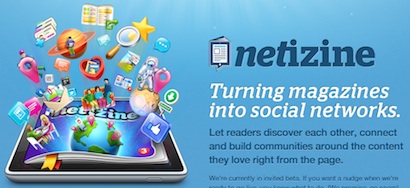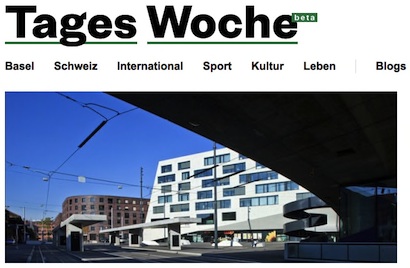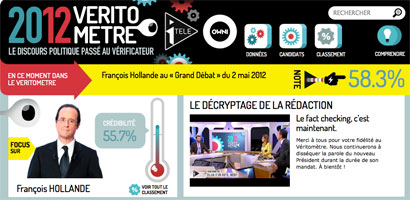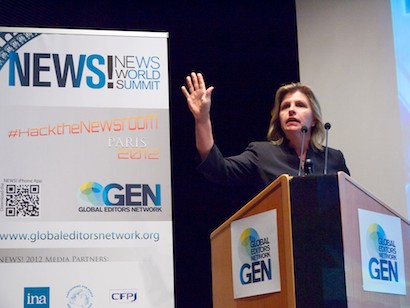Newsrooms should make substantial changes to their workplace culture and workers’ rights to attract more women to journalism and encourage them to take up management jobs, senior editors at the News World Summit in Paris have suggested.
The discussion, on how to get more women into senior journalism jobs, came after the International Women’s Media Foundation surveyed 500 media organisations in 59 countries and found 27 per cent of top management positions are held by women.
Sylvie Kauffmann, editorial director at French daily Le Monde, told the conference:
When I joined this business 30 years ago, I never thought 30 years later I still had to answer this question. I do think that women, generally speaking, do bring a different style of management, as they have brought a lot of different things to journalism.
The massive numbers of women joining this profession has I think made a difference in the kind of journalism we are publishing or broadcasting. I think basically more female leaders attract more female readers or viewers – it’s as simple as this.
A campaign was recently set up in Germany to get 30 per cent of journalism management positions occupied by women by 2017. Zeit Online editor-in-chief Wolfgang Blau said:
One of the ambiguities of this campaign was it didn’t define what was a leadership position. We are already at 30 per cent but we are surprised because we think it’s not enough.
Nadia Salah, editor-in-chief of L’Economiste, a daily finance newspaper in Morocco, said:
I counted how many editor in chief women there were in Morocco. I found seven out of 47 people in that job title – that’s two less than last year. They left because they got married.
So what can be done? Here are three of the ideas that came out of the panel debate.
1) Get more women experts quoted in stories
A recent survey of Le Monde newspaper found women were quoted seven times less often than men as expert sources. Alison Smale, executive director of the International Herald Tribune suggests:
I think it’s very important to consider how we depict women in the media. If you look at a front page, I think you should see at least one woman depicted there or talked about and it shouldn’t always Angela Merkel.
I really do believe that having sources quoted as women – people on television in positions of power being women – it sends its own message.
2) Change the workplace culture
Arne Jensen, assistant secretary general at the Association of Editors in Norway said “macho culture still rules in many newsrooms”. He said:
There has to be a possibility to combine working life with family life. They (colleagues at the last paper he worked at) thought that to be editor of a newspaper you had to work long hours every day. They did this because their wives picked up the children.
I said to these guys: this is not working because the signal we are sending out to journalists is that if you are going to have kids and you have a man who has a job, then you can’t be an editorial leader.
3) Equal (or at least, similar) maternity/paternity leave rights
Wolfgang Blau, from Zeit Online, said changes to German parental leave law had made a “really crucial” difference to managers’ attitudes to hiring women. He explained:
When it comes to staffing a position that’s really strategically important and I’m looking at a female candidate in her thirties, the question of course is how long will she stay.
I’m genuinely happy when any of my colleagues has babies. German law incentivises fathers [to take more time off]. The risk now is evenly spread when I look at young men and young women; the risk is pretty much the same, that he or she will take off for the year. The law can do wonders.





